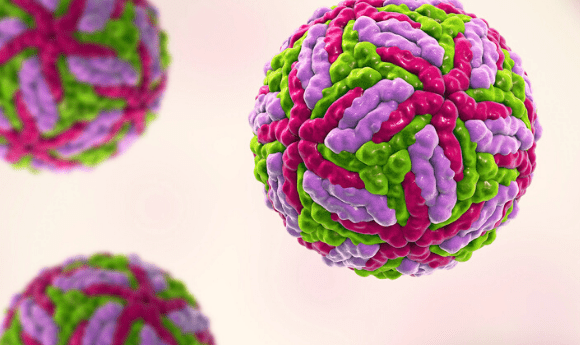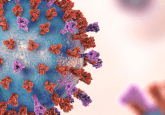Turning the molecular machinery of a flavivirus against itself

Flaviviruses including West Nile, Zika and dengue can result in significant morbidity and mortality. However, new research suggests that a viral protein may prove vital in the discovery of therapeutic agents and future vaccine development against them.
Recent research, published in the Journal of Biological Chemistry and conducted at Colorado State University (CO, USA), suggests that in-depth analysis of the flavivirus protein ns3 helicase, an essential component of viral replication, and its function may provide the key for future vaccine development and antiviral drug treatments against flaviviruses.
Initially, the interdisciplinary team tried to decipher which part of the ns3 protein acts as a ‘molecular transmission’: the driving force behind the unraveling of double-stranded RNA.
However, the team instead discovered that part of the ns3 protein acts as a brake mechanism during this unraveling process, and there are specific mutations that can increase the speed of unwinding, which results in less efficient replication.
 On the hunt for a coronavirus vaccine
On the hunt for a coronavirus vaccine
Research teams across the globe are using a variety of techniques in a bid to rapidly develop a coronavirus vaccine for the current outbreak.
Utilizing ns3 in flavivirus vaccine and drug development.
“Most vaccines are developed by finding random mutations that slow down virus growth,” explained senior author Brian Geiss.
“By understanding how viral enzymes like ns3 work in great detail, we can use that information to rationally design new mutant viruses that replicate less well and act better as a vaccine, without having to rely on chance to make the vaccine. This can help develop vaccines more rapidly and precisely,” he continued.
Currently, the researchers are attempting to understand how changes in ns3 will disrupt the virus’s ability to replicate and, therefore, how this affects its ability to kill host cells.
What’s more, as many flaviviruses are transmitted through vectors, such as mosquitos, authors Kelly Du Point and Geiss are researching how alterations in ns3 affect the virus’ ability to infect mosquitos and alter their survival during infection.





